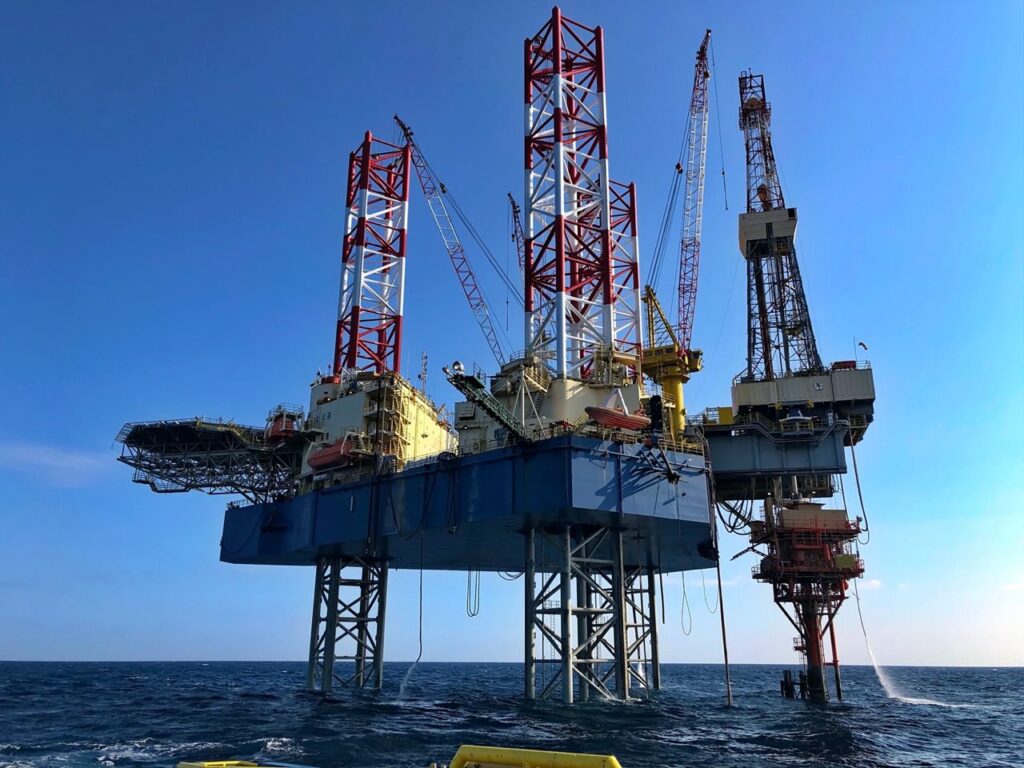Protective coatings play a crucial role in assisting oil and gas companies around the world.
The oil and gas industry in Canada plays an important role in the global energy market. Not only does it fuel our vehicles, heat our homes, and power our industries, but it supports other industries and infrastructures around the globe.
Behind this essential resource lies a complex network of equipment and materials that require robust protection to withstand the harsh conditions of extraction, transportation, and processing.
This is where protective coatings step in as the unsung heroes, ensuring the longevity and safety of oil and gas projects here at home.
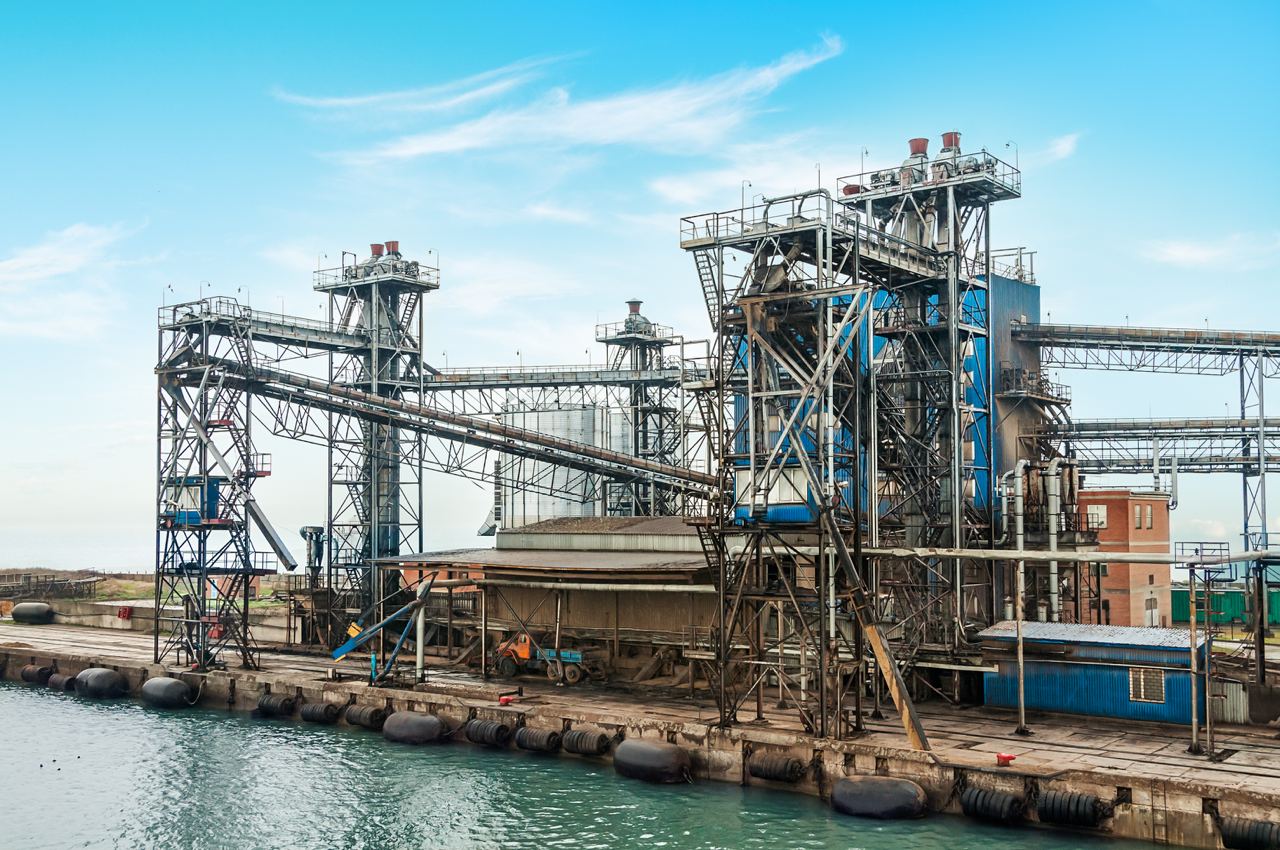
The Harsh Environment of Oil and Gas
Oil and gas operations often take place in some of the most challenging environments on Earth. Canada in particular is home to some extremely corrosive environments where some of the biggest oil and gas companies have active projects including Judy Creek, Brintnell, Pelican Lake, Redwater, and beyond.
Without adequate protection, these environments can quickly lead to equipment failure, project delays, safety risks and financial losses.
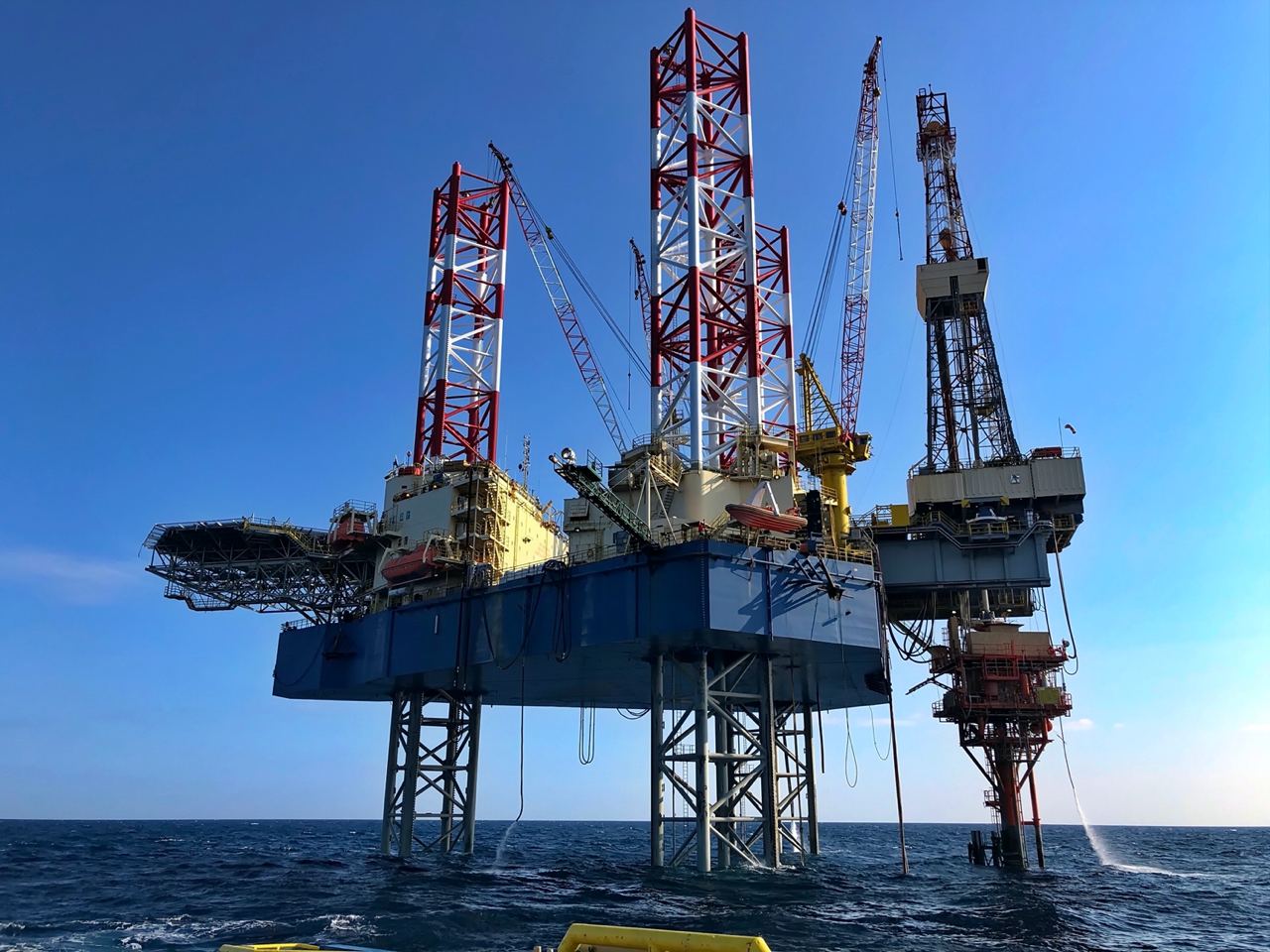
The Role of Protective Coatings
Protective coatings are the first line of defence when it comes to oil and gas equipment. They are designed to provide a barrier between the harsh external environment and the underlying metal substrate. These coatings offer several important functions:
Corrosion Resistance: Corrosion is the arch-nemesis of the oil and gas industry. It can weaken equipment, cause leaks, and lead to catastrophic failures. Protective coatings, such as fusion-bonded epoxy and fluoropolymer create a protective shield that prevents moisture and corrosive chemicals from reaching the metal surface.
Abrasion Resistance: Equipment used in oil and gas operations often encounters abrasive materials, like sand and rock, which can wear down surfaces over time. Coatings with high abrasion resistance ensure that equipment remains functional even in harsh conditions.
Erosion Resistance: Erosion typically occurs when abrasive particles, such as sand, gravel, or other solid materials, come into contact with the surface of equipment. These particles can cause physical wear and tear on the equipment, leading to material loss and reduced lifespan. Protective coatings act as a shield, absorbing the impact of these abrasive particles and preventing direct contact with the underlying metal substrate.
Friction Resistance: Many protective coatings are engineered to have low coefficients of friction. This means they offer a smooth surface that reduces the resistance encountered when two surfaces slide or rub against each other. Lower friction coefficients translate into reduced energy consumption and improved efficiency in mechanical systems. Some protective also coatings possess inherent lubricating properties. These coatings contain additives or components that act as solid lubricants or reduce friction between surfaces by creating a slippery boundary layer.
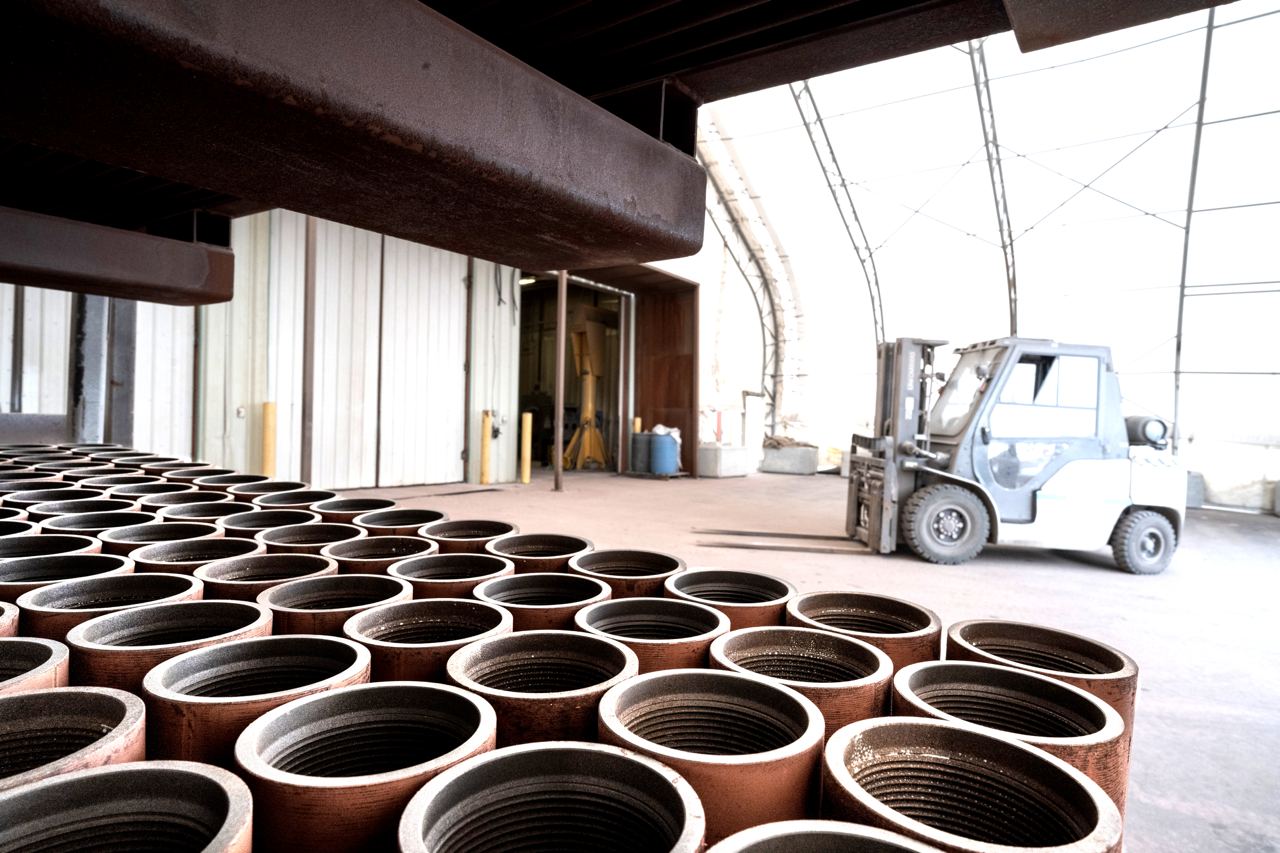
Types of Protective Coatings
What protective coating is right for your project depends on specific application and environmental conditions. Here are some common types used in the oil and gas industry:
Fusion Bonded Epoxy Coatings: A powder coating that turns to liquid when applied on pre-heated parts. They are known for their exceptional adhesion and corrosion resistance. They are often used in offshore platforms and pipelines.
View Our Fusion Bonded Epoxy Coatings
Fluoropolymer Coatings: Engineered high-performance blends of polymer materials with a unique combination of properties, adding value far beyond the inherent nonstick qualities.
View Our Fluoropolymer Coatings
Electroless Nickel Coatings: The process where nickel is evenly deposited to the surface of a metal without the use of an electrical current. The purpose of an ENC layer is to extend the life of the substrate by creating a barrier to protect against corrosion, erosion and abrasion.
View Our Electroless Nickel Coatings
If you are unsure what protective coating is right for you, our engineering team is here to assist. First, we understand the specifics of your project and then we provide recommendations based on your needs. You can speak to one of our engineers online here.
Protective Coatings Application Challenges
Applying protective coatings in the oil and gas industry is not without its challenges. Factors such as surface preparation and environmental regulations can complicate the coating process. Thankfully, IPC is the #1 qualified applicator for some of the largest, most reputable coating manufacturers in the world for a reason. We have over 44 years of experience helping oil and gas companies protect their equipment.
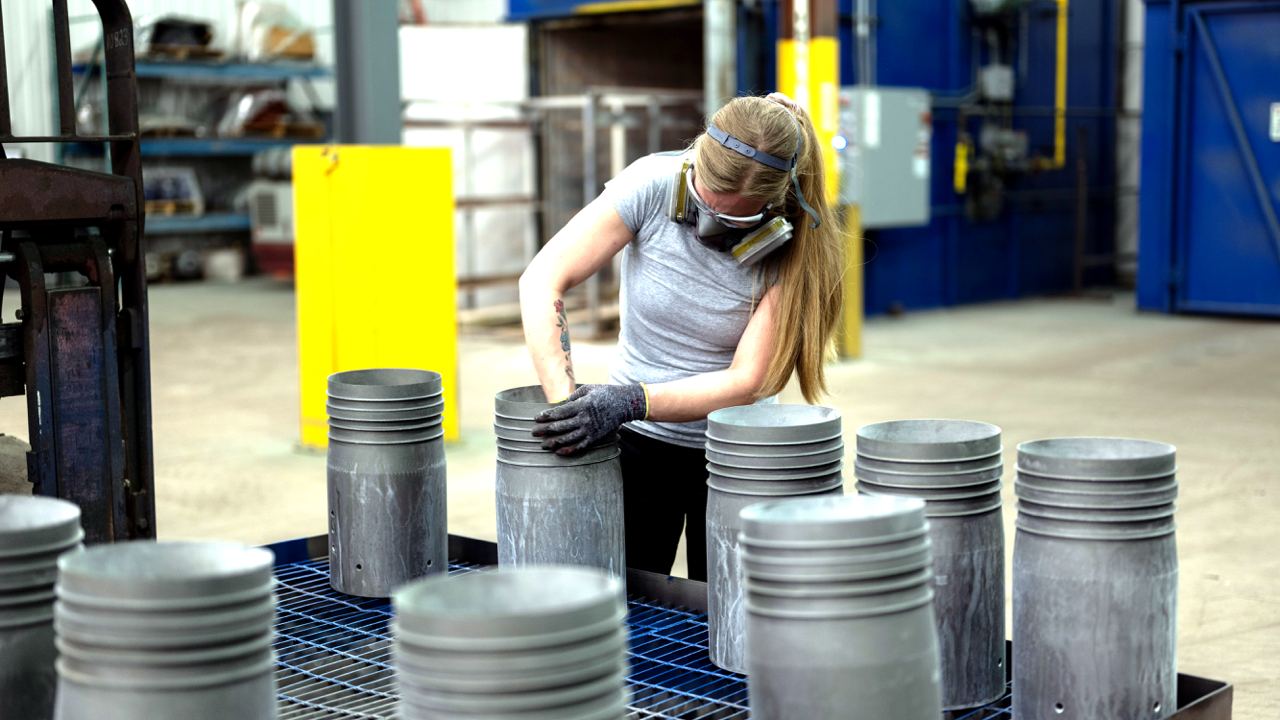
The two things that make our process so effective are our surface preparation and attention to detail. Proper surface preparation is crucial. Our AMPP Certified Technicians inspect all the material surfaces and prepare them for coating all while adhering to strict industry standards.
Our technicians also maintain records at every stage in addition to conducting multiple in-process inspections. This ensures that the coatings have been applied correctly and your equipment is ready to meet the challenges ahead.
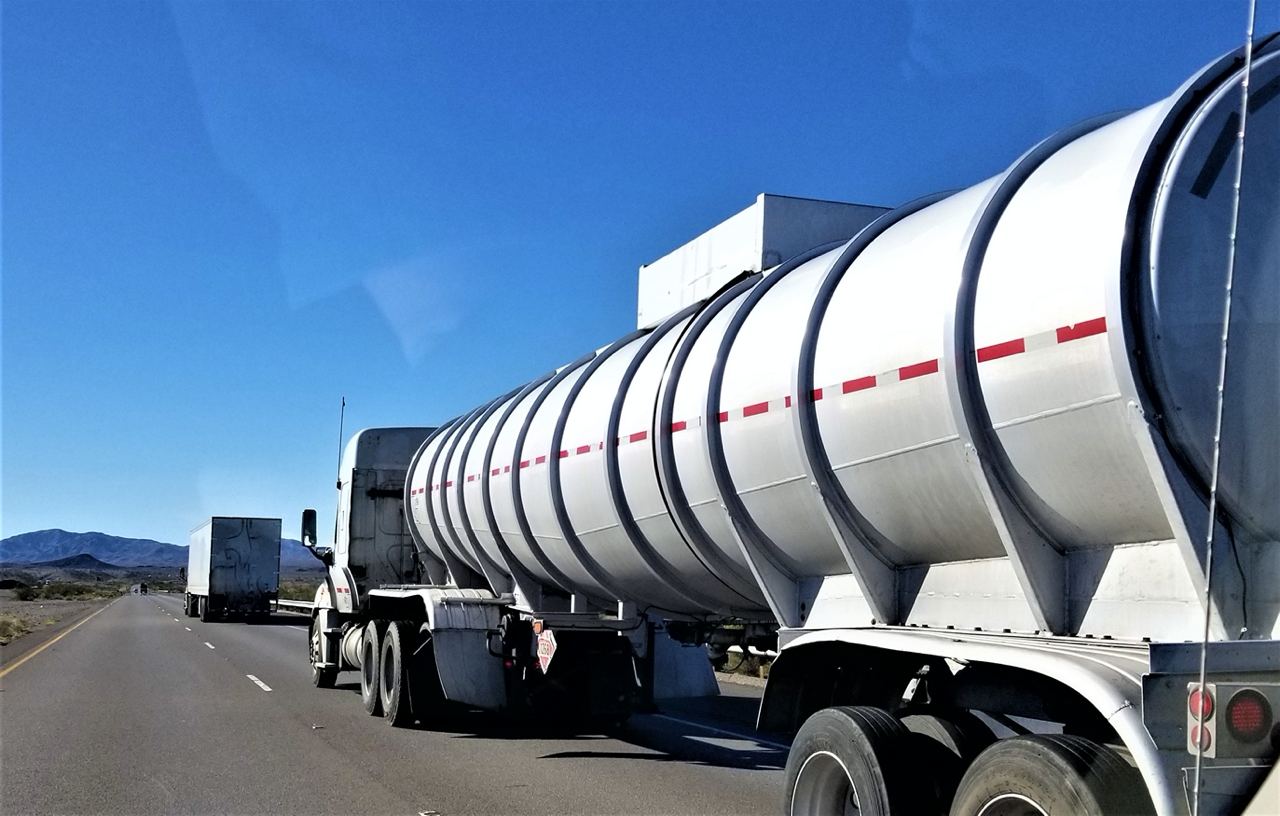
Canadian Protective Coatings at IPC
Protective coatings are extremely effective at safeguarding oil and gas equipment in some of the harshest environments around the world.. Their role in preventing corrosion, abrasion, erosion and friction cannot be overstated.
As technology continues to advance, so too will the capabilities of protective coatings, helping to ensure the reliable supply of oil and gas that powers our world. In an industry where reliability is paramount, these coatings play a vital role in protecting both equipment and the environment.
If you have questions about protective coatings or the products we offer, contact our sales team online here or give us a call at +1 800-856-4959.
